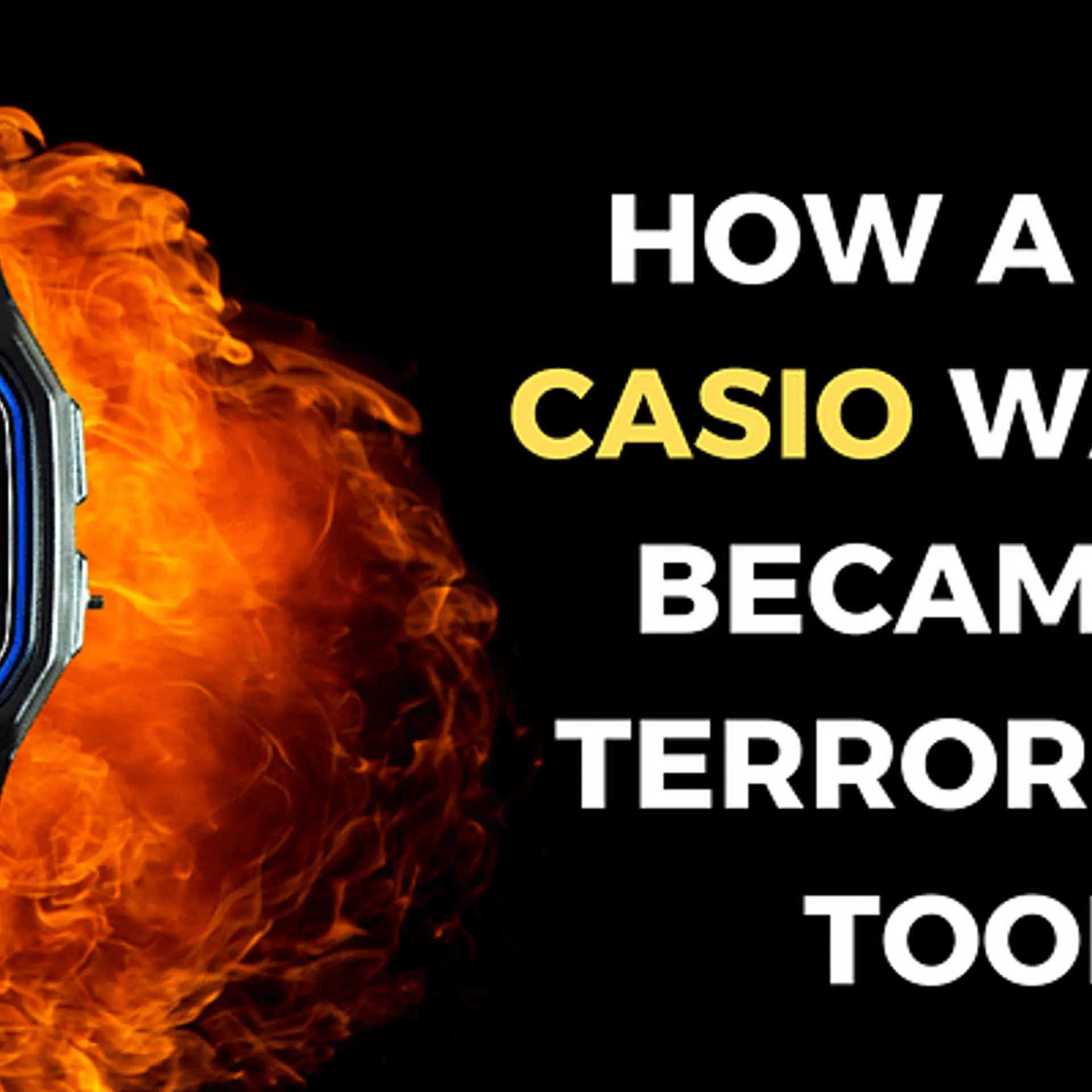Bengaluru startup Predible is using AI-based radiology solutions to prescreen COVID-19 patients
Predible’s AI-based cloud hosted software LungIQ can analyse the lung damage in patients through CT scans
Several organisations and researchers are looking for ways to diagnose or prescreen COVID-19 patients through radiographic images. At a time when healthcare professionals are going beyond their means and risking their lives to save others from the pandemic with the limited resources, prescreening of the public before the RT-PCR test is extremely important to reduce their workload.

Predible Team
Bengaluru-based aims to help healthcare professionals to prescreen and detect COVID-19 patients from thoracic CTs by analysing the damages caused in the lungs through its artificial intelligence-powered cloud hosted software called LungIQ.
Founded in 2016 by Suthirth Vaidya and Abhijith Chunduru, the startup is using artificial intelligence (AI) in radiology with a focus on lungs and head-related conditions.
Speaking to YourStory, Suthirth says, “In the pre-covid times, using LungIQ, we were providing insights on early lung cancer, chronic obstructive pulmonary disease (COPD), and interstitial lung disease. In the current situation, we have found that some of the fibrosis patterns found in the lungs of COVID-19 affected patients is similar to that of interstitial lung diseases.”
Suthirth also explains that the existing LungIQ software needs to be updated in order to help in the diagnosis of coronavirus.
How it works?
Explaining the importance of CT scan in COVID-19 situation, Suthirth says that a combination of CT scan and RT-PCR is far more effective for diagnosing the disease instead of just a PCR test.
Suthirth clarifies that ground glass opacities and consolidation fibrosis patterns are visible in the lungs of a COVID-19 patient, which is similar to that of someone with interstitial lung disease. However, COVID-19 cannot cause the honeycombing form of fibrosis found in interstitial lung disease, thereby allowing the doctors to diagnose COVID-19 patients.
“COVID-19 disease has specific patterns on CT such as ground glass opacities and consolidation with lower, peripheral and/or bilateral predominance,” Suthirth says. He also adds that apart from diagnosis, using LungIQ, the severity of the disease can also be quantified and calculated on a volume scale or as percentage of lungs affected.
However, while Suthirth explains that CT scanning can help healthcare professionals filter out on the set of people needing COVID-19 patients, he also adds that it should only be used to test one who has come in any form of contact with affected patients, and has chances of getting infection since CT-scanning involves exposing people to rays.
Reaching the masses
In April this year, Predible was nominated by Bengaluru-based incubator Centre for Cellular and Molecular Platforms (C-CAMP) as a deployment-ready COVID-19 innovation.
According to Suthirth, LungIQ is compatible with all kinds of CT scanners and has been deployed in over 15 sites prior to COVID-19 situation for diagnosing lung conditions. The startup had also joined hands with Max Healthcare, Tata Memorial Hospital, and Mahajan Imaging for deploying the AI solution. Suthirth claimed that the software update for COVID-19 diagnosis is currently being done for free of cost, however, the LungIQ tool generally is available at a subscription rate of Rs 6 lakh per year.
“We have launched the software through 5C Network, a teleradiology network. We have updated the software at Mahajan Imaging (Delhi), and they are using it for COVID-19 screening purposes. However, we could not do the same at Max due to logistics troubles as the process involves our team to visit the hospital for updating the software,” Suthirth says.
The company has also joined hands with teleradiology network in India and 5C Network for deploying the solution. It is also looking to meet the demands for the solution in the Philippines.
Speaking about future plans, Suthirth explains that the company is in the process of launching a publicly-accessible cloud, which will allow anyone to upload the CT scan images and generate reports.
Edited by Megha Reddy



![[Startup Bharat] Indore-based cleantech startup aims to solve India’s electricity crisis](https://images.yourstory.com/cs/2/b094ec506da611eab285b7ee8106293d/Startup-1589356213941.png?fm=png&auto=format&h=100&w=100&crop=entropy&fit=crop)




